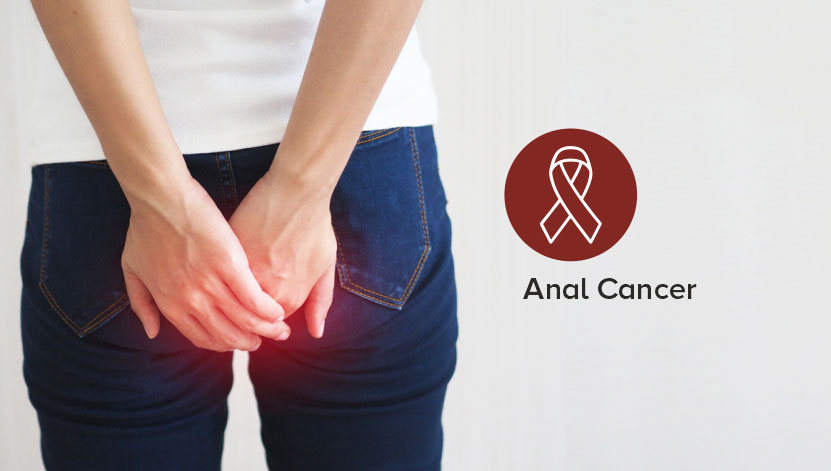Anal cancer is a rare type of cancer that forms in the tissues of the anus, which is the opening of the rectum to the outside of the body. It is a part of the digestive system and is different from colorectal cancer, which is more common and affects the colon or rectum.
This type of cancer starts when healthy cells acquire mutations in their DNA. These mutations allow cells to grow uncontrollably and to continue living when healthy cells would die. The accumulating abnormal cells form a tumor in the anus that can invade nearby tissues and spread to other parts of the body.
